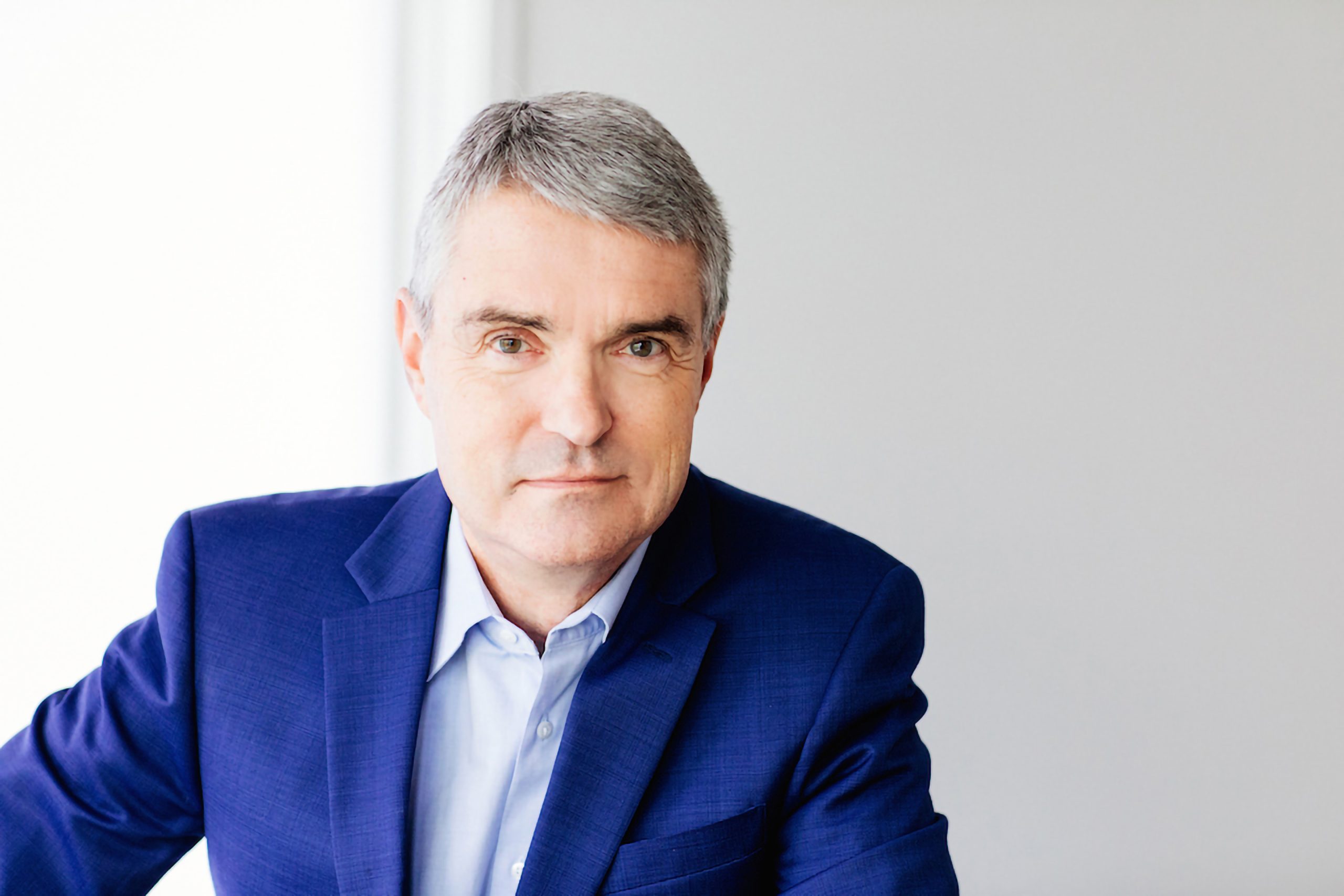 If you don’t understand the power of strategic questioning, you are missing out on a vital tool in high-profit selling.
If you don’t understand the power of strategic questioning, you are missing out on a vital tool in high-profit selling.
Building long-term relationships with customers and prospects requires that you ask strategic questions.
Strategic questions are those where the answers are not always clear cut. You want to get the other person thinking and talking. Here are some examples:
1. What do you foresee are going to be the biggest changes in your industry over the next couple of years?
(You could also modify this question. You could ask them what they envision the biggest challenges will be or the biggest opportunities, etc).
2. What about today’s business environment most surprises you?
(You could modify this question too, by asking them what most frustrates them or what most excites them about today’s business environment).
3. What technological advances do you think are going to have the most impact on how you do business?
These are just three examples. I’m sure we could think of other strategic questions, and certainly you can think of specific ones that pertain to your selling environment.
Plain and simple, your goal is to get the other person reflecting on circumstances or experiences that may effect the direction of their business, industry or career. The substance of these conversations could be positive or negative — meaning, you could discover not only the big dreams of the company, but also the big stumbling blocks.
WHY is strategic questioning so valuable? It helps you really discern which people are strategic thinkers. And the reason that is so important is because strategic thinkers have the potential of being your best customers.
They tend to intricately understand the big picture of business, and they are willing to invest in the products and services that will help them and their company achieve big goals.
Through strategic questioning, you build a rapport with the person. They begin to see that you are not a typical salesperson. You aren’t simply looking for a quick sale, but rather you have the ability to focus on what could be the broader needs of the customer in the distant future.
Copyright 2012, Mark Hunter “The Sales Hunter.” Sales Motivation Blog.














2 Responses